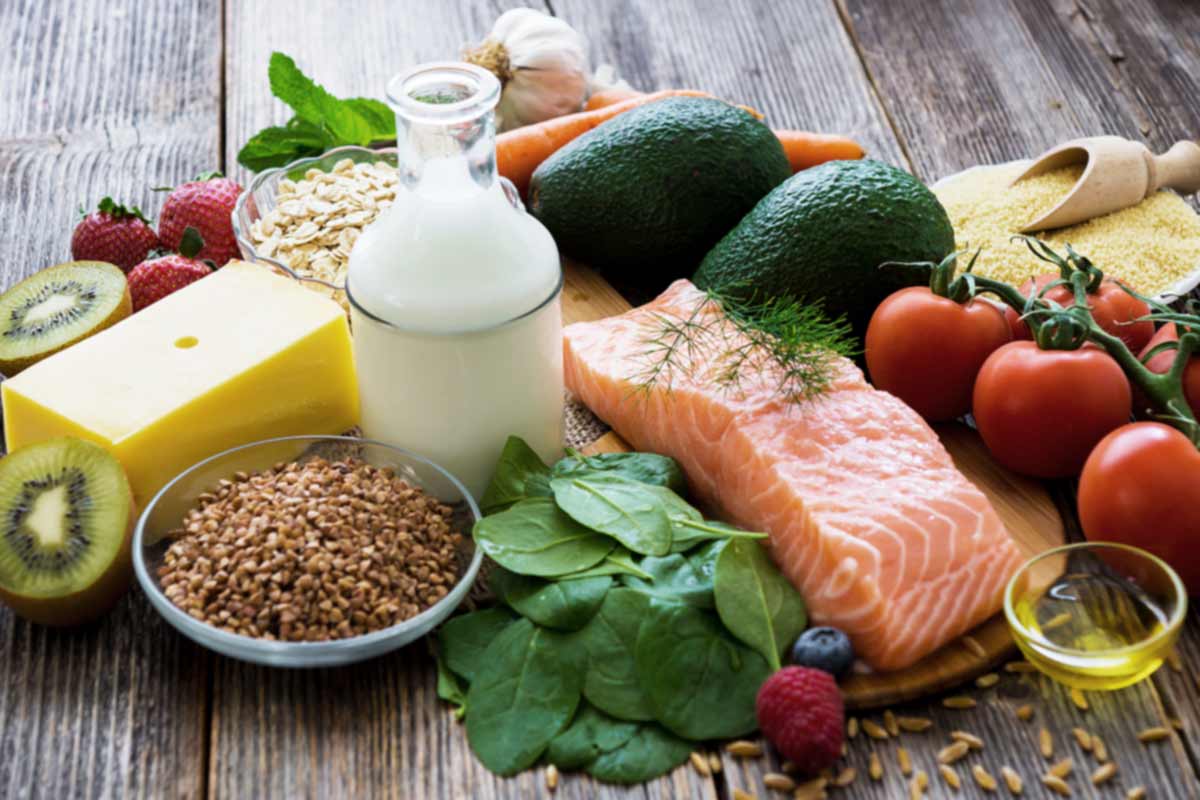Many of us understand that good nutrition plays a role in maintaining good physical health. However, many may not realize that nutrition doesn’t just impact a person’s physical health but also their mental health. Overall positive health and wellbeing must incorporate nutrition. During recovery, patients may benefit from the dopamine diet and nutrition counseling, which helps balance the chemicals in the brain that may have been depleted over time. Grace Counseling can guide individuals through how to get started improving their overall nutrition while in recovery.
Foods that Contain Dopamine
There are dozens of foods that are known to cause the release of dopamine. Foods that contain l-tyrosine can boost dopamine. Why? L-tyrosine is a necessary building block that must be present in the body to form dopamine.
Normally, l-tyrosine is found in protein-rich foods. Some of the specific foods that help boost l-tyrosine and dopamine levels include:
- Peanuts
- Watermelon
- All animal products, like red or white meat, dairy, and eggs
- Coffee
- Green leafy vegetables
Eating a well-rounded diet is important. By eating a protein-heavy diet and one with many vegetables and fruits, the likelihood is that a person will receive more l-tyrosine in their diet and boost their dopamine levels as a result.
Dopamine and Addiction Are Tied Together
Dopamine isn’t the only cause of addiction, but it does have properties that may play a role in addiction. This chemical is released when people experience pleasurable moments, so if there are specific foods they enjoy, dopamine may be released when they eat them.
Dopamine depletion is a serious problem for some people. It can be linked to conditions such as depression and Parkinson’s disease. When dopamine levels don’t return to normal, it may result in a lack of motivation. In fact, this chemical is highly motivating, but if it’s not present, then the chemical imbalance can cause all kinds of side effects.
For people whose dopamine levels have been depleted and would like to boost it once again, changing to a diet rich in l-tyrosine may help.
Enjoying 5 Foods that Contain Dopamine
The dopamine diet can help replenish dopamine in the body. Dopamine and addiction may be linked, but surprisingly, eating some of these foods can help rebalance dopamine levels and even help those going through withdrawal. The dopamine diet may be used in nutrition therapy for addiction.
Below are five foods for addiction to try adding to your diet:
- Peanuts: Peanuts, as well as other nuts and seeds, contain l-tyrosine in abundance. Just a handful a day can help boost levels enough to see a marked difference.
- Watermelon: Watermelon is high in Vitamin B6. This is important because this vitamin is essential during the production of both dopamine and serotonin. Eating a slice a day can help rebalance these chemicals in the brain and introduce a significant amount of water.
- Animal Products: Eating more lean protein at breakfast helps prevent sudden swings in hormones and regulate appetite. Some animal products to try include milk, chicken meat, pork, beef, turkey, and lamb. Eggs, as well as other dairy products, also fall into this category.
- Coffee: Coffee leaves many people feeling more awake and energized. Beneficially, caffeine has been shown to increase the levels of dopamine in the body, which assists in getting people more motivated to start their days. Try a coffee with a high level of caffeine for the best boost, like a darker roast.
- Green Leafy Vegetables: Green leafy vegetables contain folate, a particular B vitamin used to synthesize serotonin and dopamine. Some tasty options to try include bok choy, beetroot, Brussel sprouts, spinach, and avocado.
Learn More About Nutrition Therapy at Grace Counseling
At Grace Counseling, we know that addiction takes a real physical toll on the body. With nutrition therapy, it’s possible to address some of the changes that have occurred naturally. We are here to help transform minds and heal hearts at our facility.
Call our helpful 24-hour hotline today at 844.564.0712, or contact us online to learn more about our addiction treatment programs, mental health counseling, and physical wellness center.







